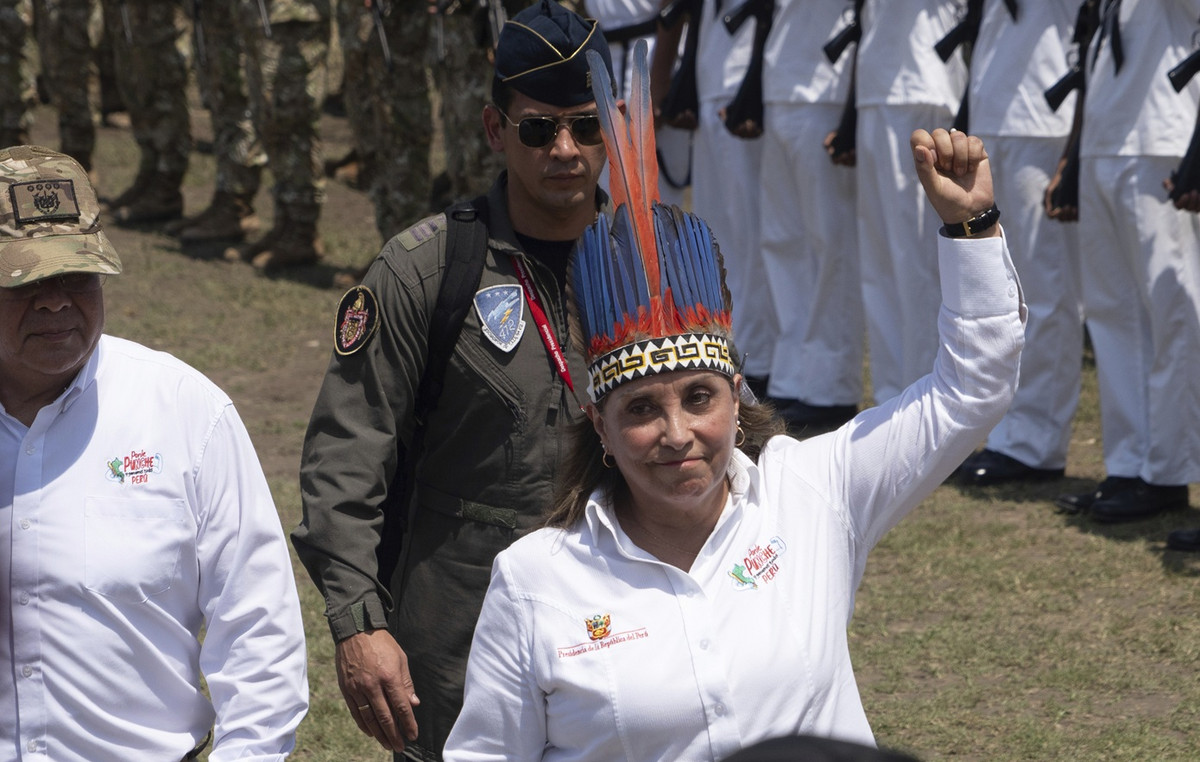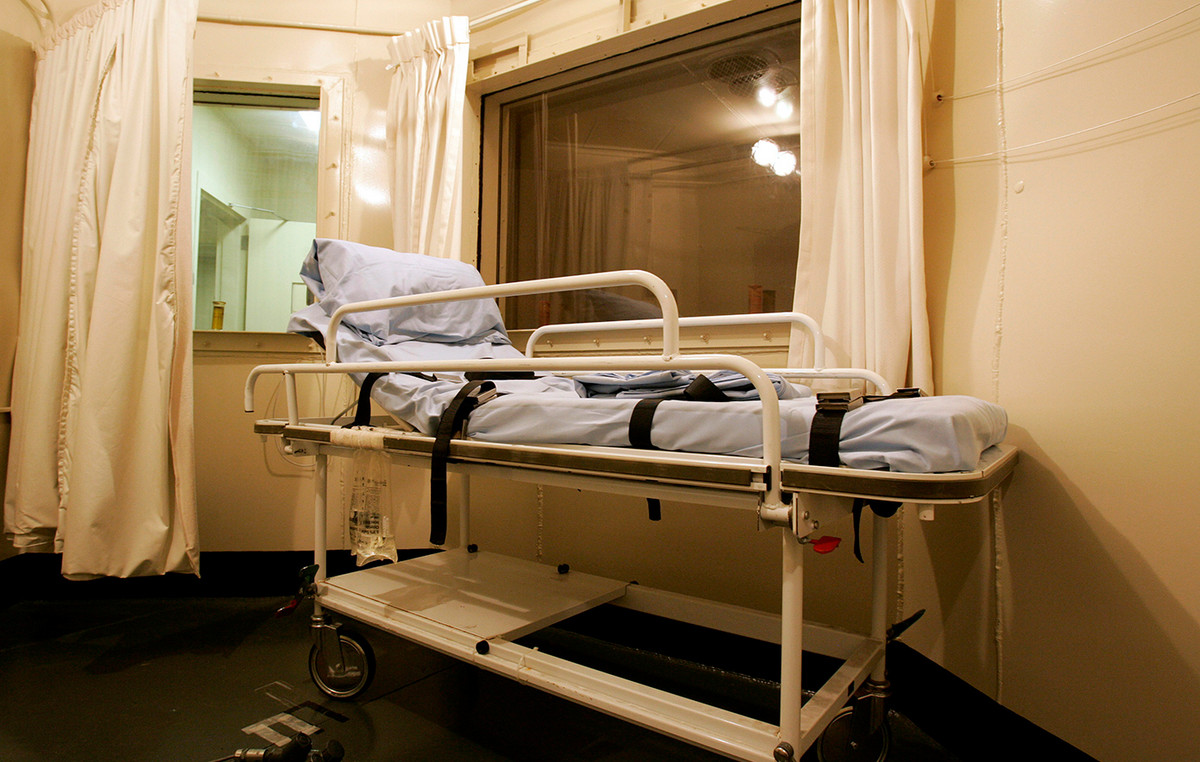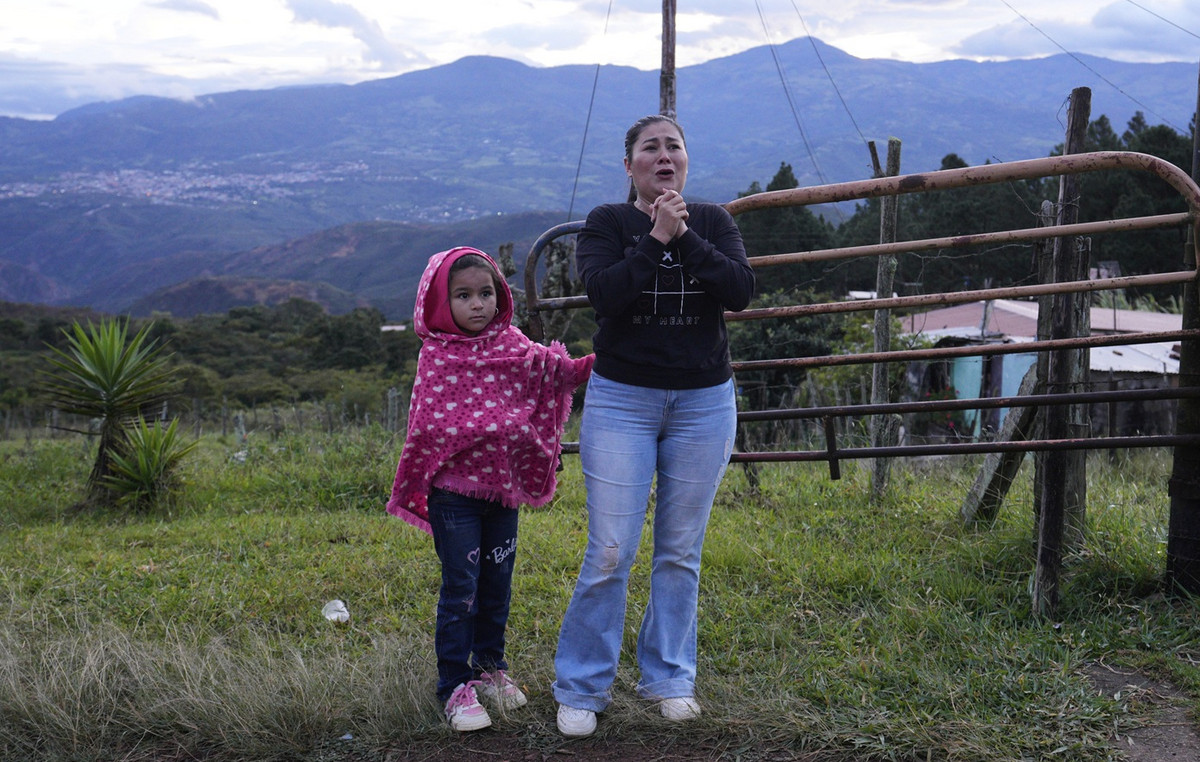The federal government blocked R$116 million from the budget of the Coordination for the Improvement of Higher Education Personnel (Capes) scheduled for this year. According to the organization’s president, Mercedes Bustamante, Capes went through a funding contingency worth R$86 million in August. Another R$30 million was also cut from the portfolio in recent months.
The budget reduction was confirmed by Bustamante during a hearing at the Brazilian Society for the Progress of Science (SBPC) at the beginning of the month. According to her, of the R$116 million contingency – that is, temporarily blocked until it is decided whether they will be applied – it is already certain that R$50 million will not return to Capes in 2023.
“What worries me is that the contingency could be the first step towards something more critical”, said Mercedes during the hearing, which also included the president of the National Council for Scientific and Technological Development (CNPq), Ricardo Galvão, and the president from the Financier of Studies and Projects (Finep), Celso Pansera.
The blocking of funds must affect the Directorate of Programs and Scholarships (DPB), the Directorate of International Relations (DRI) and basic education teacher training programs. The value represents 2% of the budget planned for this year, of R$5.4 billion (the highest value in the last seven years).
The scenario of a reduction in Capes’ budget in 2023 should increase next year. The Budget Law Project (PLOA) for the year 2024 foresees a cut of R$128 million in relation to this year’s budget.
“There is a deficit of R$200 million in the budget planned for 2024, compared to 2023,” said the president of Capes.
The adjustments to the agency’s budget contrast with the measures announced by President Luiz Inácio Lula da Silva (PT) for the sector in recent months. In February this year, for example, the government announced an average adjustment of 40% of the country’s postgraduate scholarships, the value of which has been the same since 2013. The measure fulfilled a promise made during the transition of the former administration. President Jair Bolsonaro (PL).
Currently, postgraduate grants are R$1,500 for a master’s degree and R$2,200 for a doctorate. They should be R$2,100 and R$3,300, respectively. Postdoctoral scholarships, worth R$4,200, should amount to around R$5,000, an adjustment of 20%. Teacher training will have increases of more than 40%.
In a note, the Ministry of Education highlights that it increased, in 2023, Capes’ budget by 54.6% (R$ 2 billion compared to 2022) and says that part of the contingency (R$ 66 million) “is not definitive, with the possibility of recomposition by the end of the fiscal year”.
Regarding the R$50 million cut that should not be returned to the body, the MEC says that the amount represents a percentage of 0.92% of Capes’ discretionary budget, which is R$5.4 billion for 2023, and “ complies with the guidelines of the Budget Execution Board (JEO), responsible for advising on the conduct of the government’s fiscal policy”.
“The growth in the budget for Capes has already guaranteed, among other actions, the expansion and readjustment in the values of master’s, doctorate, post-doctoral, scientific initiation and teaching initiation scholarships. With a lot of dialogue and respect, which should be the focus of those who work for Education in its various stages, the other areas of the ministry are also adjusting actions and programs to the need to adapt to the government’s budget plan, an effort in favor of Brazil and the health of public finances”, he says.
Cuts worry experts
The president of the Brazilian Society for the Progress of Science, Renato Janine Ribeiro, says that the cut in the 2023 budget and the forecast reduction in the amount expected for next year is worrying. According to him, the reduction directly affects scientific production in the country.
“The budget as a whole grew, compared to the previous government. Now, we view this cut with great concern because despite being a 2% cut in Capes’ budget, it harms scientific activity,” he said.
President of the National Forum of Deans of Research and Postgraduate Studies (Foprop), Robério Rodrigues Silva released a letter in which he states that the blockades and budget cuts at Capes “threaten” the development of strategic areas of Education.
“The recent blockages/cuts in the Capes budget, notably in the Directorate of Programs and Scholarships (DPB), directly impact the quality of training for masters and doctors, thus harming the production of scientific knowledge and the ability of Brazilian higher education institutions to compete internationally in the field of research and innovation”, says the letter.
“The cut of resources at Capes threatens the development of strategic areas, weakens science and technology and negatively affects the training of talents that are essential for the autonomous and sovereign development of Brazil”, continues the text.
The National Association of Postgraduate Students (ANPG) released a manifesto opposing the cuts at Capes. For the entity’s president, Vinícius Soares, the blockades could accentuate an increase “in the loss of talent due to the growing brain drain”.
“It is imperative that there is a recomposition of the budget cut for 2023, as well as a robust increase in the budget planned for 2024. Only with adequate financial conditions will it be possible for CAPES to resume important projects for the expansion and consolidation of postgraduate programs, as well as for the development of public policies to attract and train new talents”, he says.
Source: CNN Brasil
I’m James Harper, a highly experienced and accomplished news writer for World Stock Market. I have been writing in the Politics section of the website for over five years, providing readers with up-to-date and insightful information about current events in politics. My work is widely read and respected by many industry professionals as well as laymen.







